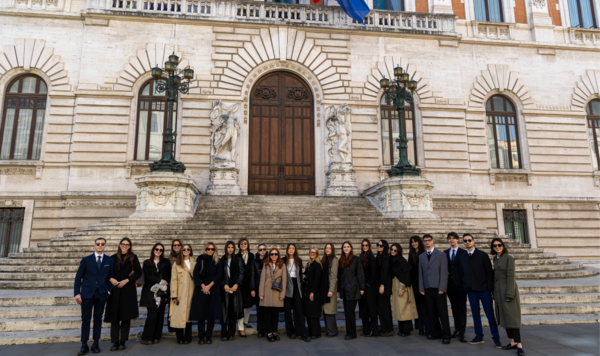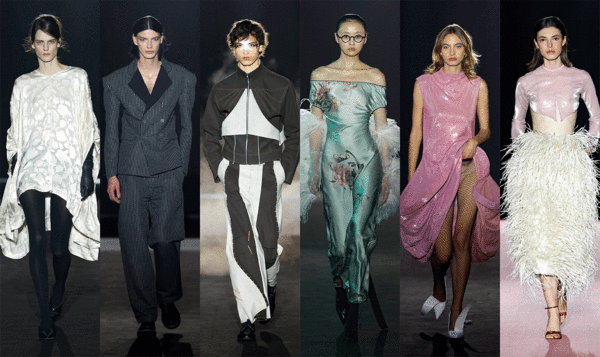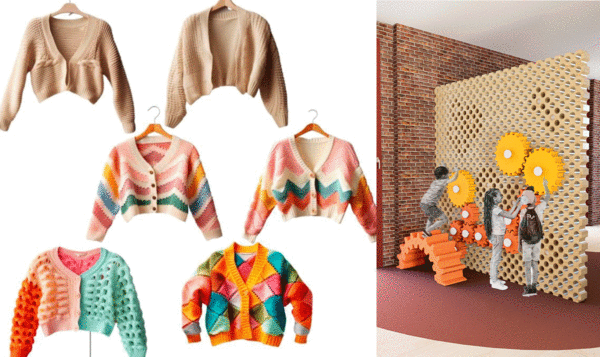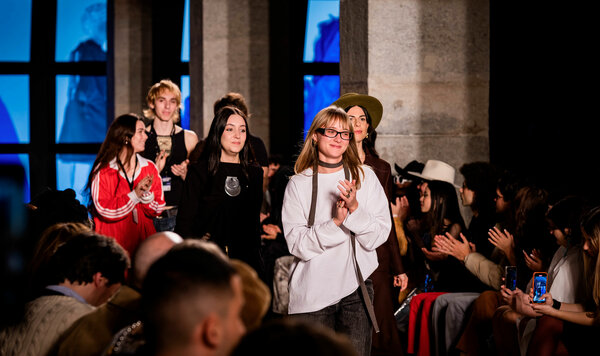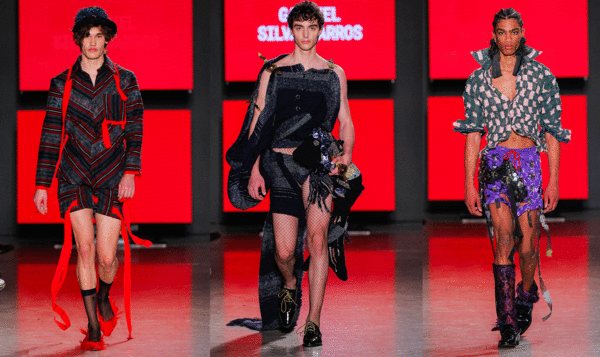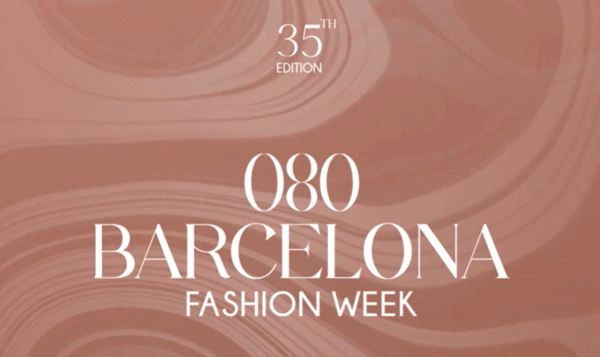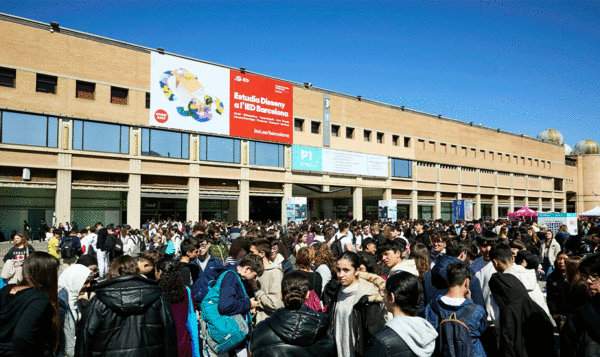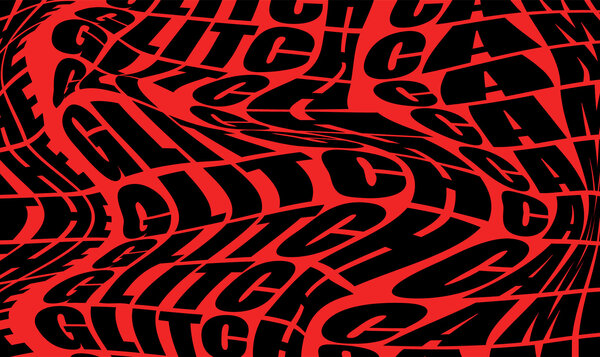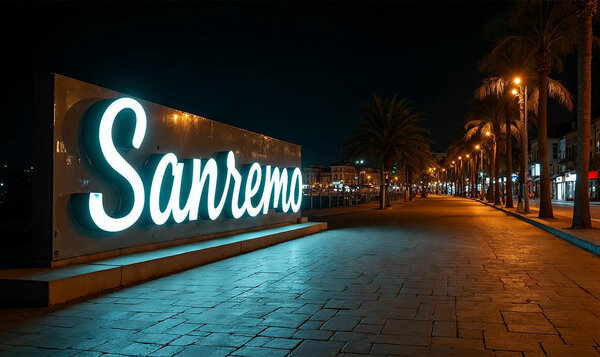Personal interest, market trends, and the offered curriculum are some relevant factors to consider.
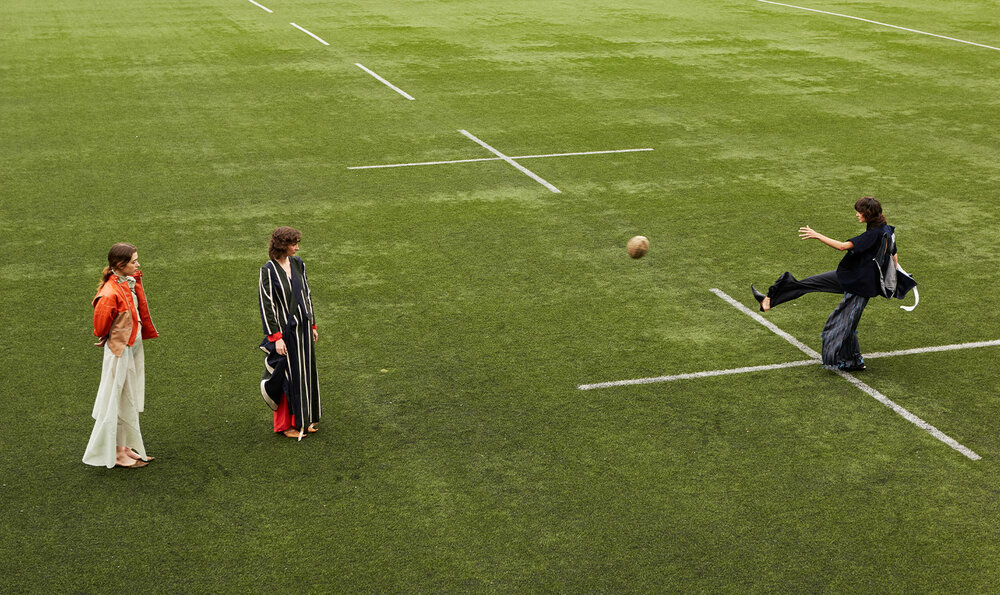
Choosing the right fashion course
Date
26 January 2024
What it means to study fashion
Embarking on a fashion study path means delving beyond just acquiring clothing and accessory design and production techniques. It involves a deep-dive into a world where creativity and innovation intersect to bring forth new trends, style concepts and different ways of seeing and thinking while paying attention to a fundamental aspect of the current historical period: sustainability.
This study path includes both practical and theoretical subjects: drawing, pattern making, knowledge of fabrics, fashion history, and marketing are just a few examples.
The skills acquired during fashion education vary depending on the chosen specialisation, but they all have one thing in common: the adept use of traditional and digital techniques, from simple drawing panels and pencils for freehand drawing to computer-aided design software for creating models and virtual prototypes.
A fashion course offers numerous specialisations, including clothing and accessory design, fashion marketing and communication, styling and creative direction. This specialised training opens doors to various professional roles, including Fashion Designer, Fashion Stylist and Fashion Creative Director. The common denominator of these professions lies in the ability to creatively and originally respond to the dynamics of an ever-changing industry.
Assessing the quality of a course
Assessing the quality of a fashion course is a process that requires a detailed analysis of various aspects. Elements such as the institute’s reputation and the services offered are key indicators of its effectiveness, but you should pay particular attention to the curriculum: well-structured programs covering both theoretical basics and practical applications of fashion design, management, promotion, and sustainability indicate a comprehensive approach to education.
The teaching staff also plays a crucial role, as experienced teachers actively involved in the industry can provide up-to-date knowledge, as well as valuable professional insights and networking opportunities.
Furthermore, postgraduate internship and job opportunities are crucial as they offer students real experiences in the field and increase their chances of employment after completing their studies. The most valid institutes, to facilitate the professional integration of their students, establish important and numerous partnerships with fashion brands and established companies that could be ideal workplaces in the future.
Choosing the right fashion course means investing in an education that combines academic solidity with a progressive industry visison, preparing future professionals to excel in the industry.
Fashion education options in Italy
Studying fashion in Italy means immersing yourself in one of the leading centres of the global fashion industry. This country, renowned for its excellence in design and quality craftsmanship, reflected in a wide range of styles and brands, offers a unique environment for those aspiring to enter the fashion sector.
Italian fashion schools allow students to benefit from close collaborations with internationally renowned professionals and brands, providing the opportunity to gain valuable practical experience.
Another significant advantage of studying fashion in Italy is the access to an unrivalled wealth of cultural and artistic resources. Students can draw inspiration from museums, exhibitions, historical archives and major fashion events (Milan Fashion Week is one example).
Some of the distinctive aspects characterising the best Italian fashion schools include:
- Integrated teaching approach: combining theoretical teaching with practical projects, preparing students to tackle real challenges in the industry.
- Focus on sustainability: many schools have integrated the importance of sustainable fashion into their curricula, responding to growing environmental and social concerns.
- International connections: offering exchange and collaboration opportunities with institutes and professionals worldwide, enriching the educational experience with a global perspective.
- Technological innovation: adopting new technologies and experimenting with advanced materials and techniques are encouraged to stimulate creativity and innovation.
Finding your way around fashion schools around the world
Immersing oneself in international educational and cultural environments can be a stimulating challenge that offers students the unique opportunity to experiment with different design aesthetics and design approaches, enriching their education with a global perspective.
In addition to havig headquarters in Italy, IED offers international education as a high-quality educational institution in the fashion industry in Spain and Brazil.
Fashion education in Spain
Cities like Barcelona, Madrid and Kunsthal Bilbao are prestigious locations for fashion schools, including those belonging to the IED network.
Barcelona is renowned for its innovative spirit, Madrid for its elegance and cultural dynamism, and Kunsthal Bilbao for its unique approach to art education and design. Schools in these cities are known for programmes emphasising creativity, sustainable design and innovation, preparing students to successfully enter the global fashion world.
Fashion education in Brazil
Fashion schools in Brazilian cities offer programmes combining theory and practice, emphasising emerging trends and sustainability, reflecting Brazilian fashion’s innovative and eclectic spirit.
Rio de Janeiro, with its spectacular natural beauty, inspires students to explore bold and colourful designs. Sao Paolo, on the other hand, represents the beating heart of the Brazilian fashion industry, the ideal place for those seeking to understand the dynamics of the fashion business in national and international contexts.
Career opportunities and professional goals
Choosing the right fashion course is essential to transform professional ambitions into reality.
The decision on which educational path to undertake should also be based on a careful evaluation of one's inclinations and aspirations, but in general, an environment rich in stimuli and equipped with advanced resources is what characterises the ideal educational offer for those wishing to explore the vast universe of fashion.
Career opportunities in this sector range from creative to technical and managerial roles. Among the most sought-after professions are the Fashion Designer, Stylist, Pattern Maker, as well as Production Manager and Fashion Marketing Specialist.
Do you want to enter the fashion world as a professional?
Discover all IED's Fashion Design and Styling courses, from three-year degrees to Master Courses, both in-person and in a hybrid format.
Fashion Design and Styling courses at IED
Fashion Communication and Management courses at IED
Image Credits: Project Lolita, Ariadna Rahola, IED Barcellona - 2023
